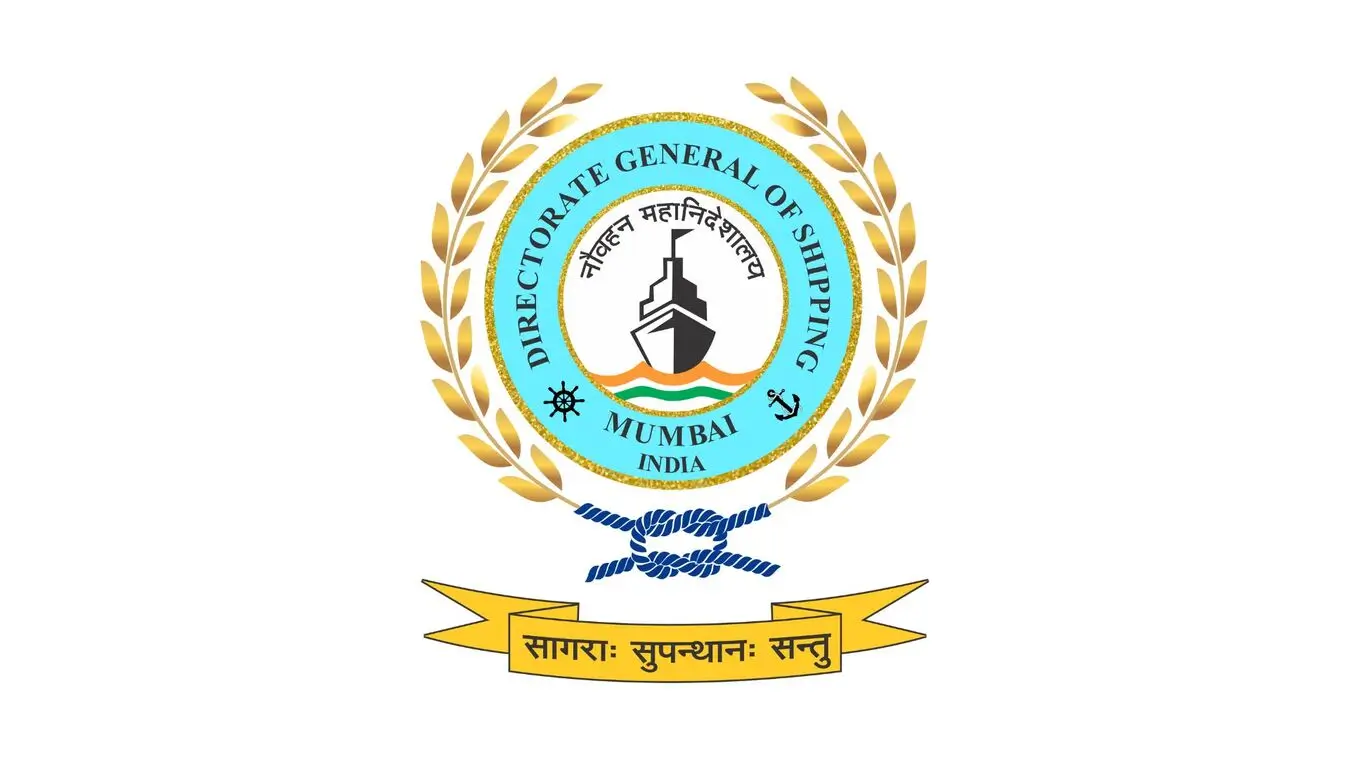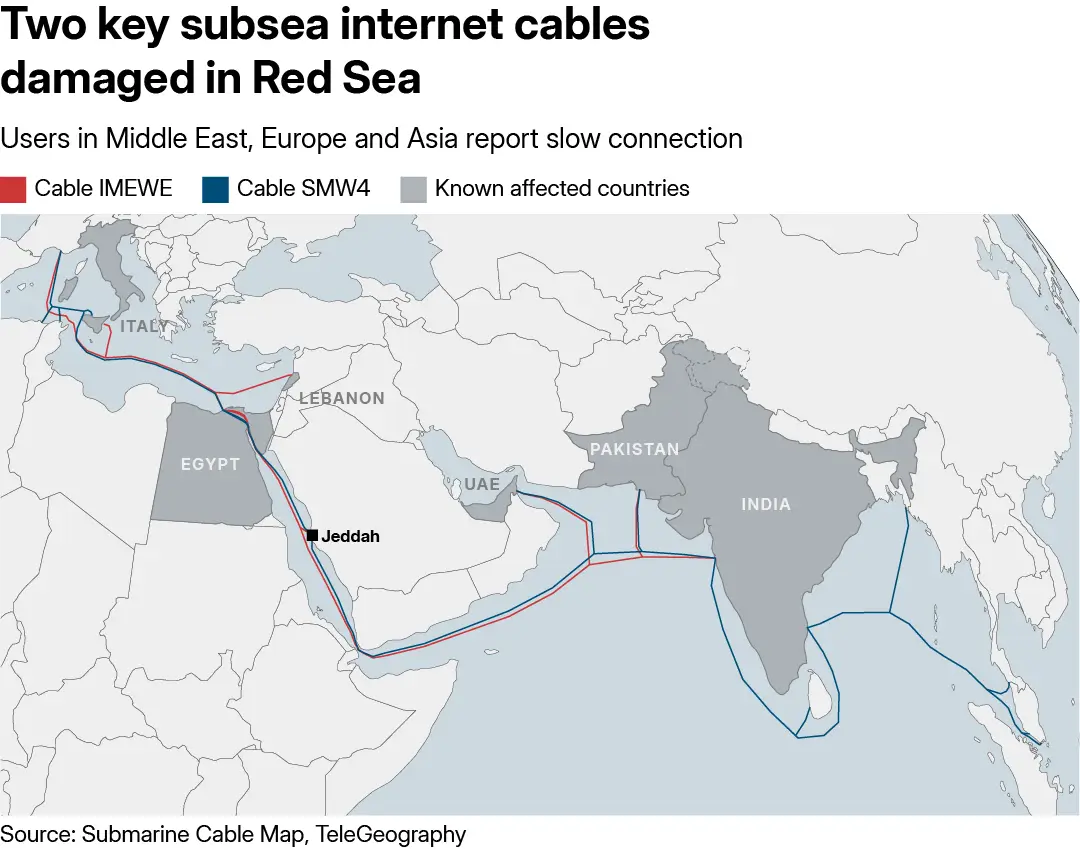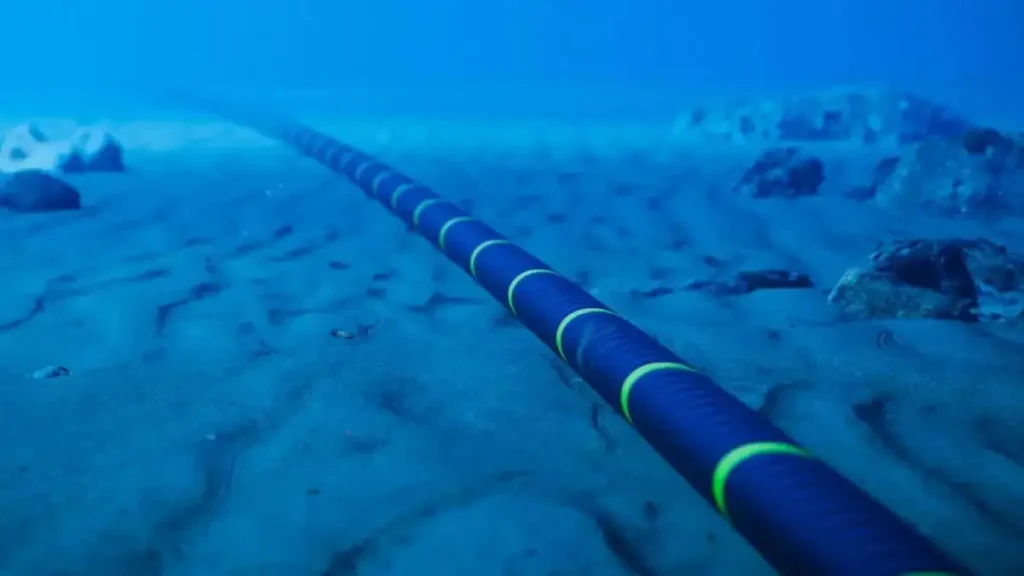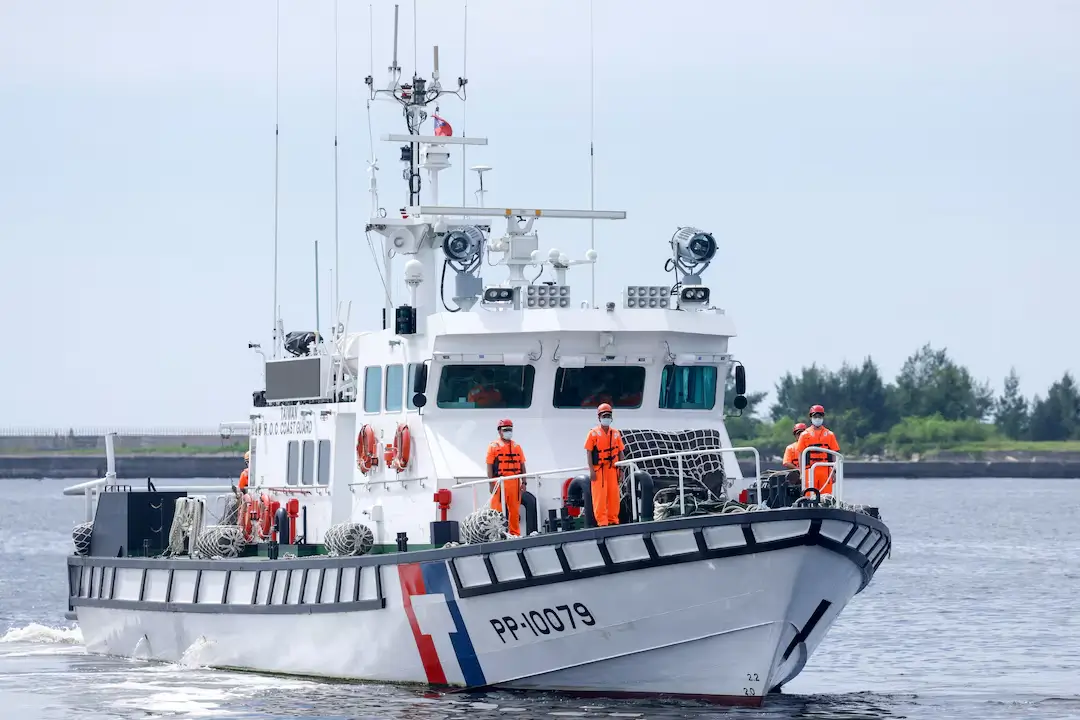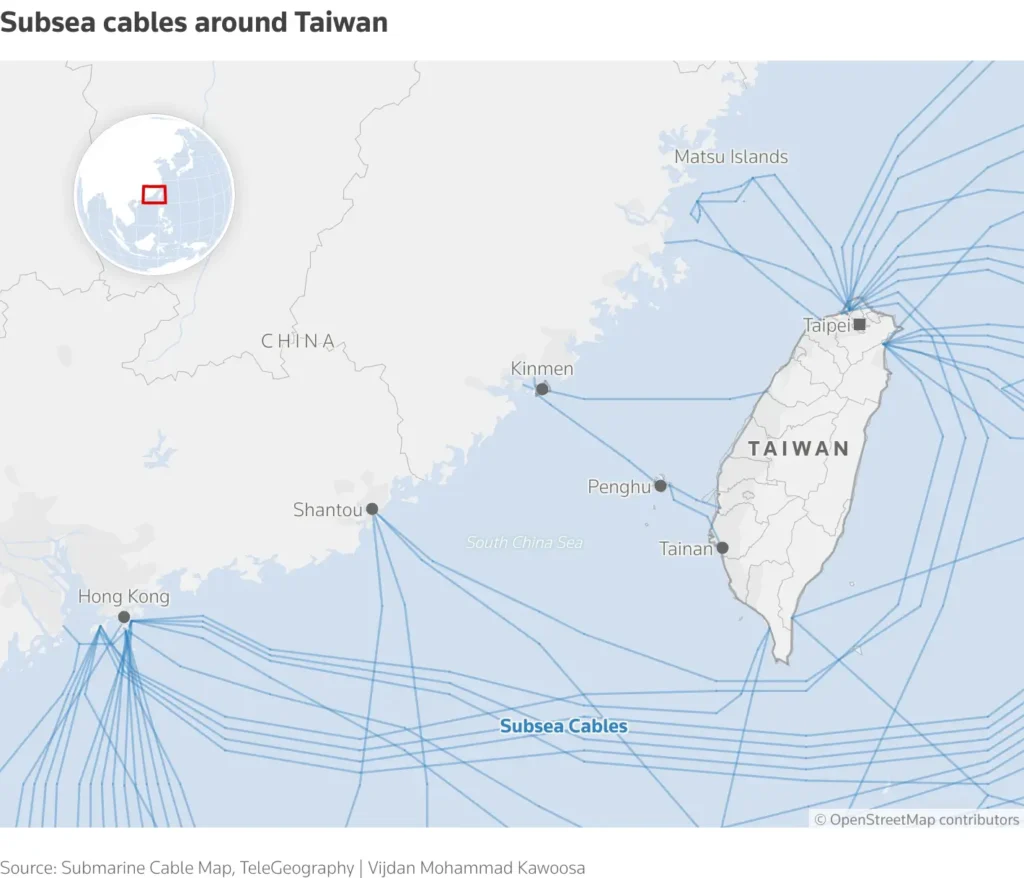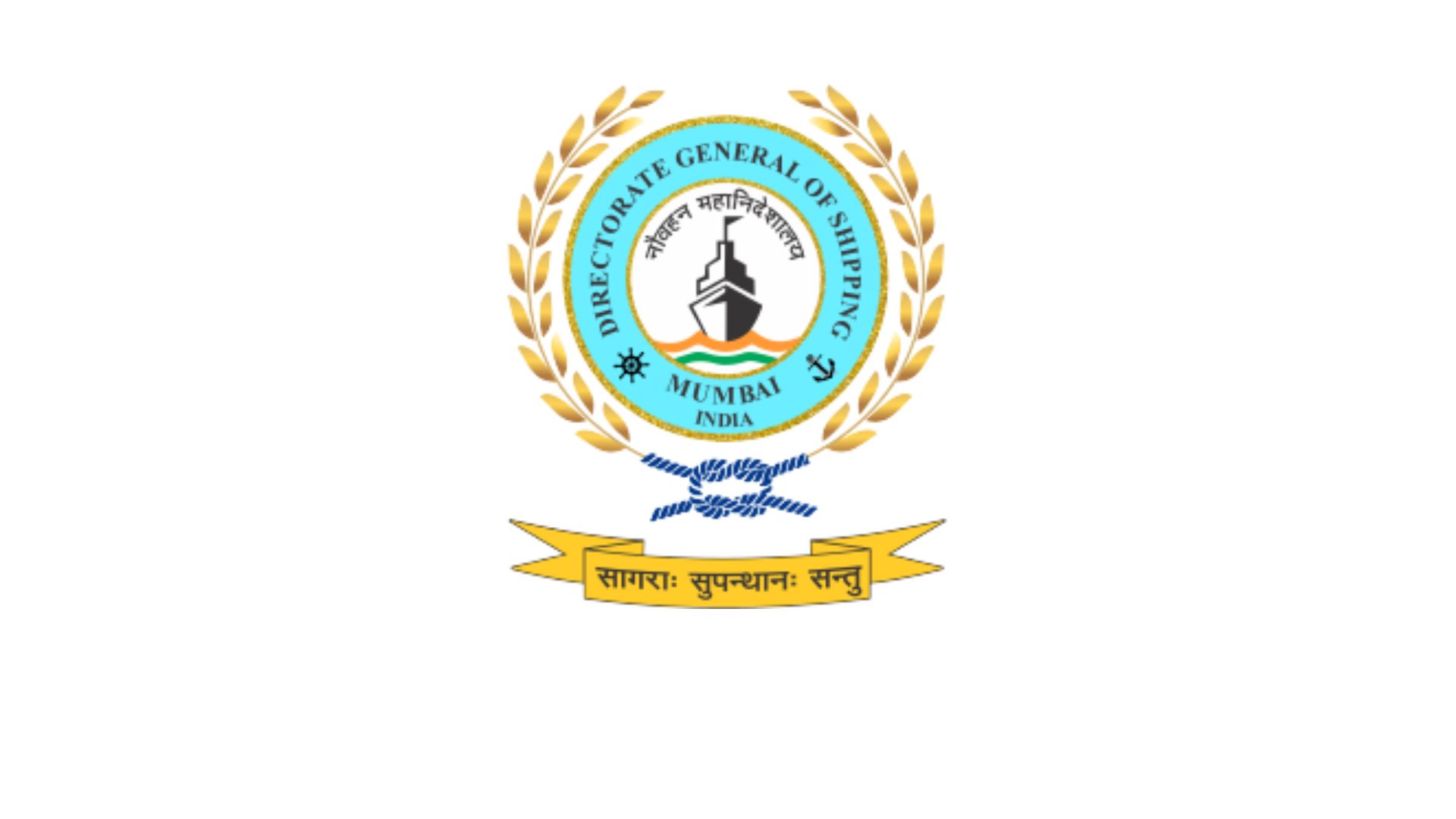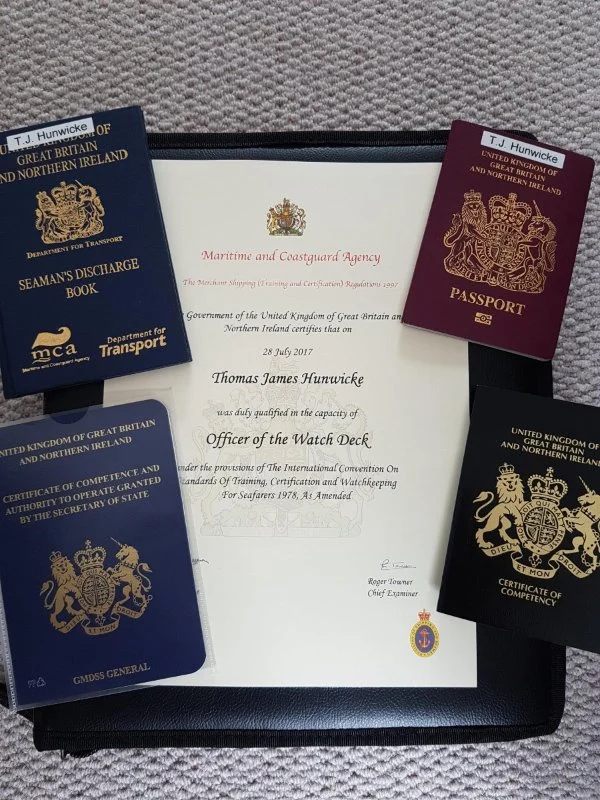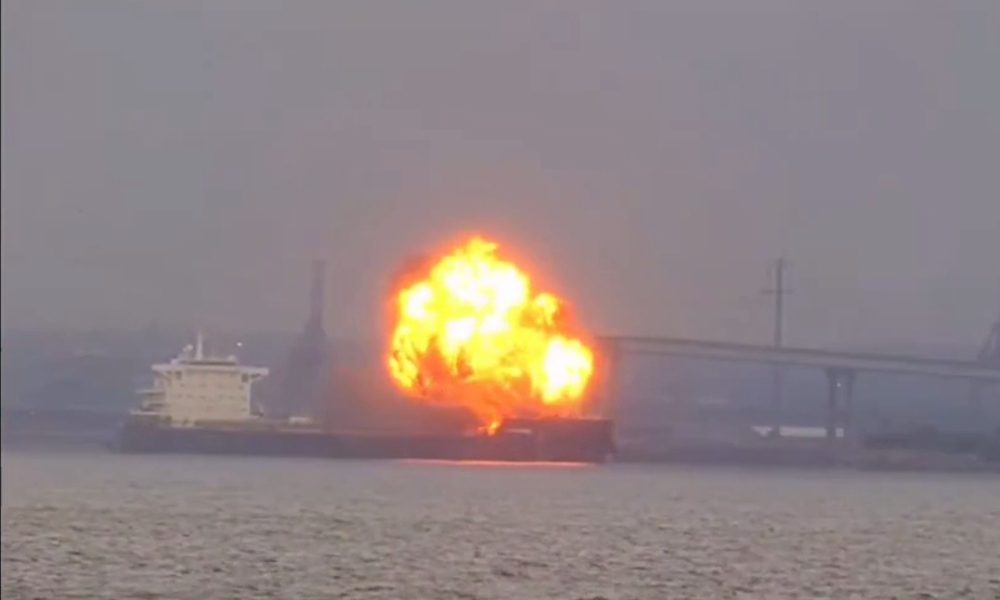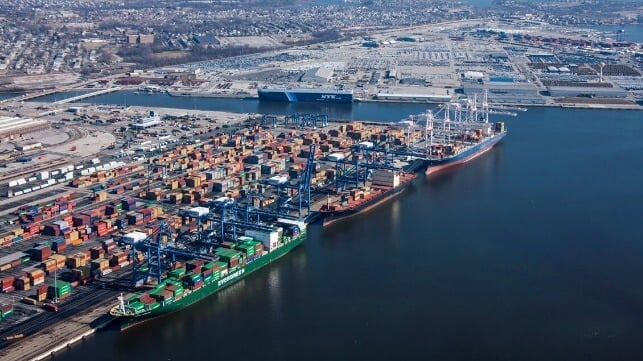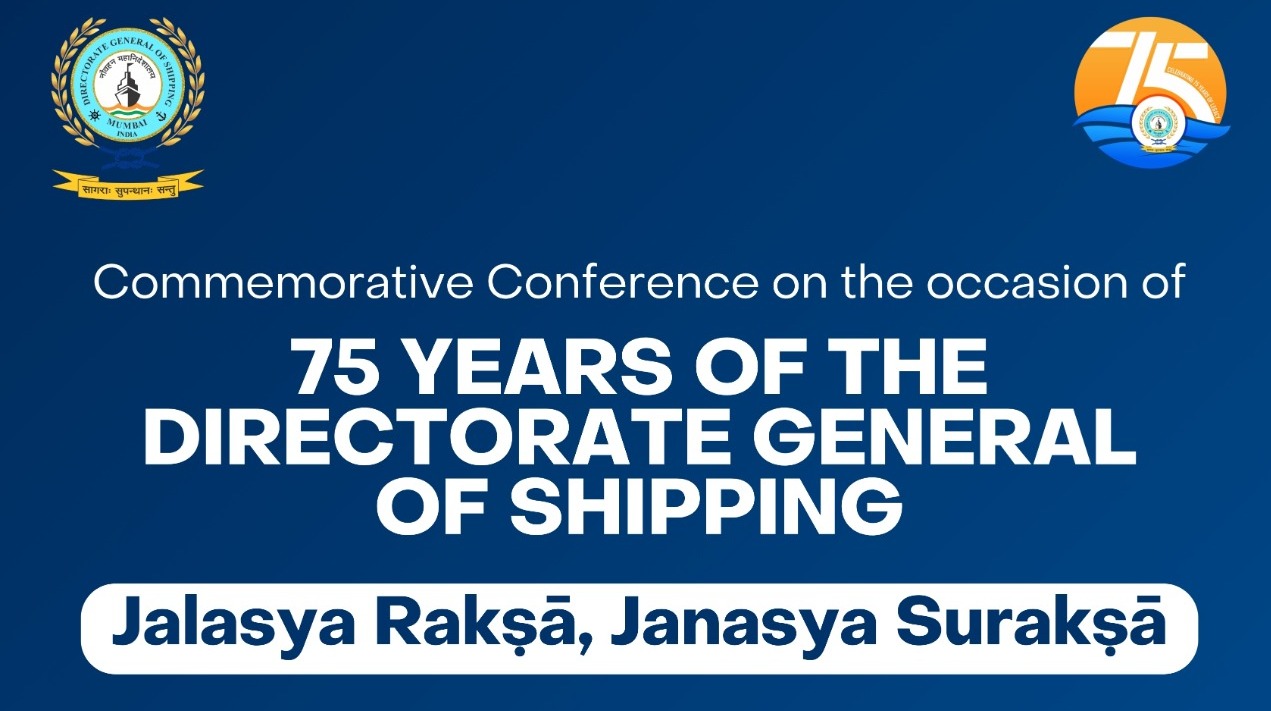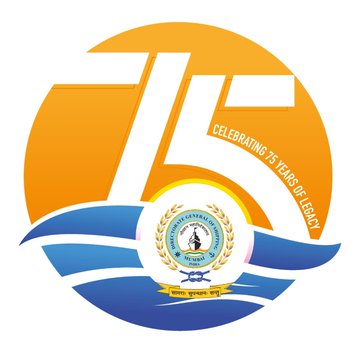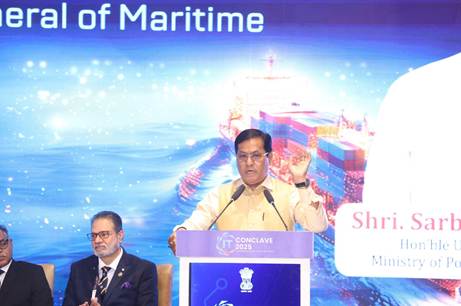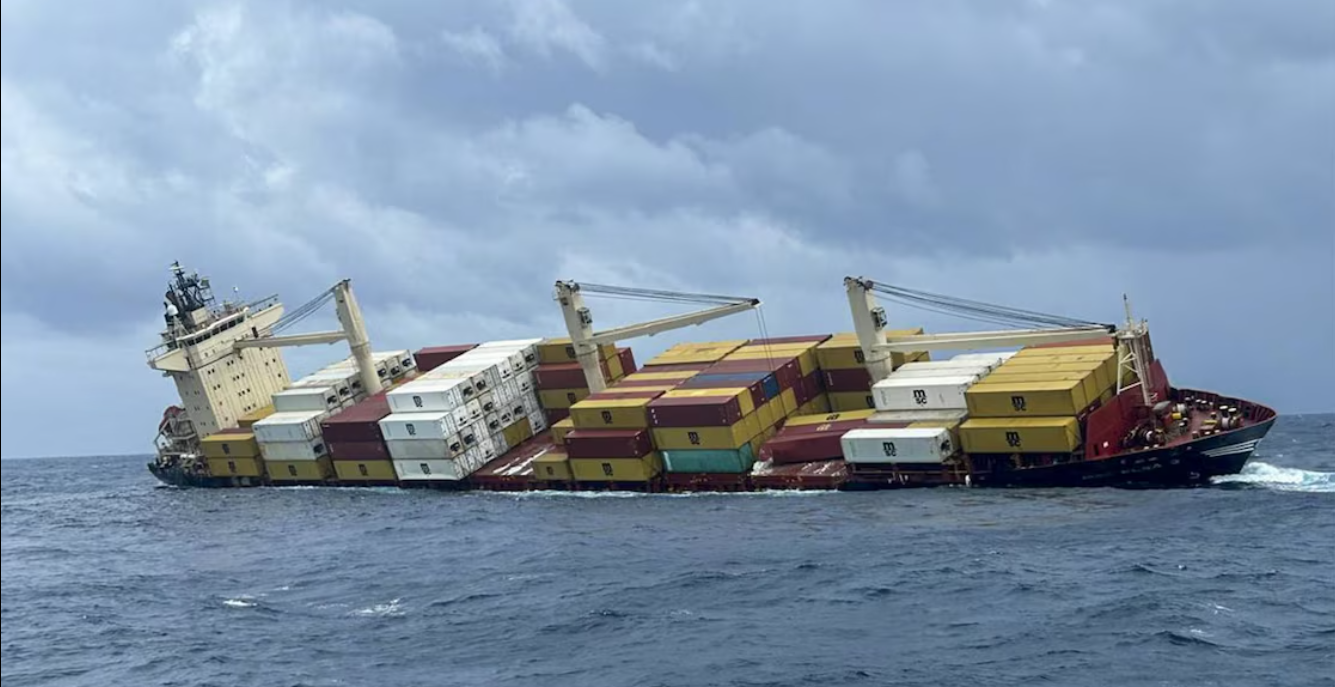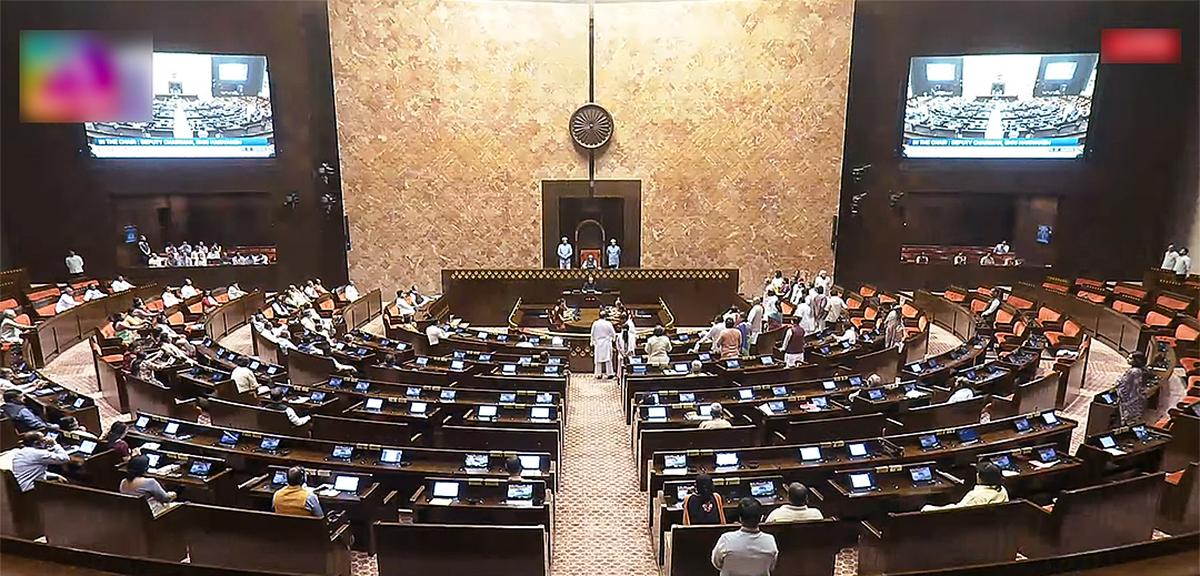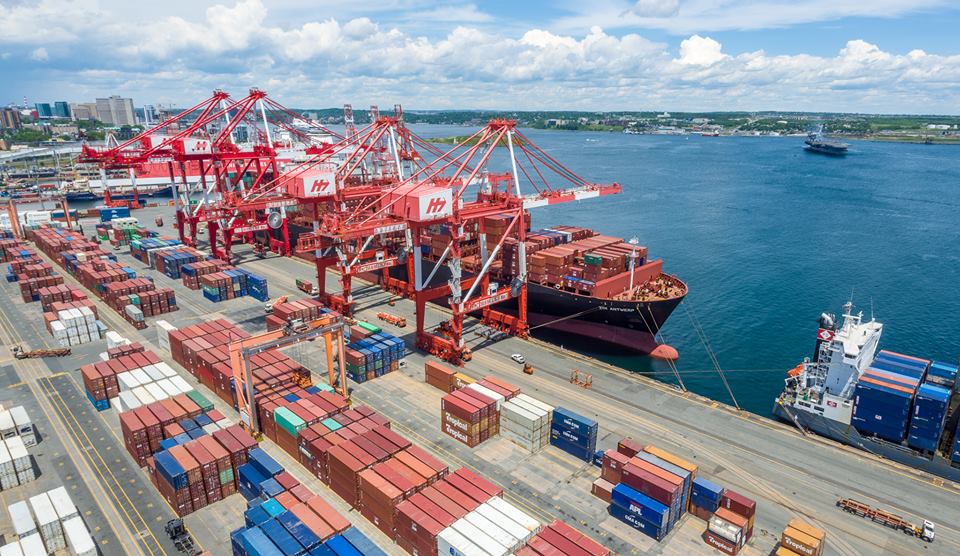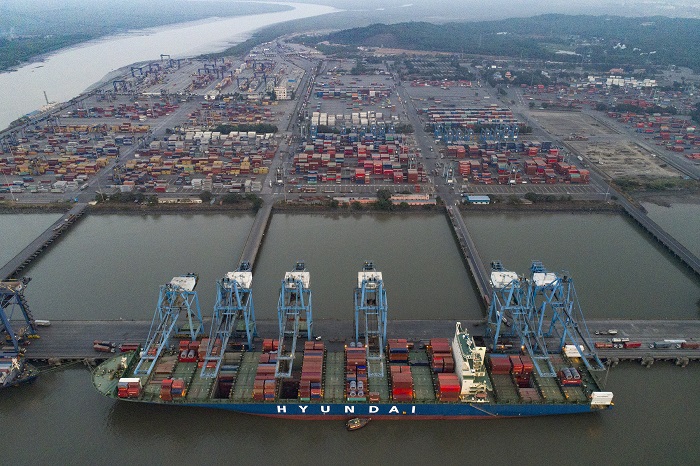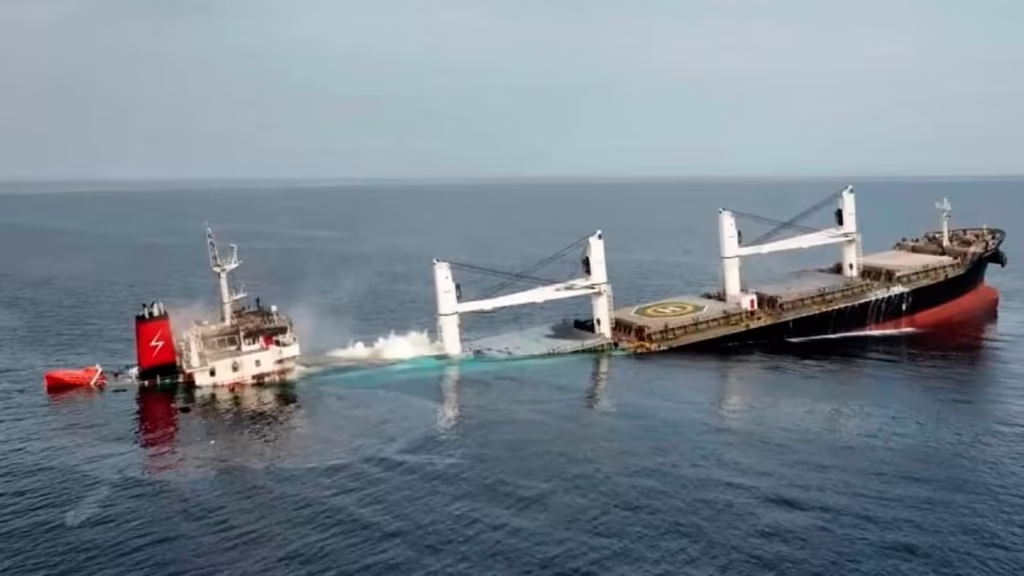Directorate General of Shipping (DGS) has signalled a major enforcement push against shipowners and crewing agencies by issuing a draft circular that blacklists 86 foreign-flagged vessels and orders the immediate repatriation of Indian seafarers found aboard them. The move, dated 5 September 2025, is aimed squarely at recurring cases of abandonment, non-payment of wages and unsafe working conditions that have left Indian mariners stranded and vulnerable.
The draft circular—issued under the Directorate’s powers in the Merchant Shipping Act and invoking provisions of the Maritime Labour Convention (MLC), 2006—says the 86 vessels were identified after investigations by the DGS’s Crew Branch and Seamen’s Employment Offices. The agency reports frequent instances of non-payment of wages, lack of repatriation support, detention by port authorities, inadequate insurance or no response from flag states, and cases where genuine ship-owners could not be identified. Based on the gravity and recurrence of these incidents, the vessels are to be blacklisted “with immediate effect.”
Under the draft directive, no Recruitment and Placement Service License (RPSL) company shall recruit or deploy Indian seafarers onto any vessel named in the annexure. Where Indian seafarers are currently serving aboard these ships, the concerned RPSL must ensure prompt sign-off at the earliest port of call and safe repatriation to India with settlement of wages, health and welfare entitlements. RPSL firms are required to submit a detailed report to the DGS within 14 working days listing seafarers’ names, identity numbers (INDOS/CDC), periods of employment, repatriation status and wage records. Failure to comply will attract strict penal action including suspension or cancellation of RPSL licences, blacklisting of agencies and legal proceedings under the Merchant Shipping Act.
The DGS move responds to a wider, industry-wide concern about rising abandonment cases. The International Transport Workers’ Federation (ITF) has warned of a notable surge in abandonments in 2025, while port authorities and unions have repeatedly flagged incidents where crew have been left without wages, documentation or means to return home. The DGS circular explicitly ties its action to India’s obligations under MLC, 2006, stressing the state’s duty to ensure decent working conditions, repatriation and wage protection for its seafarers.
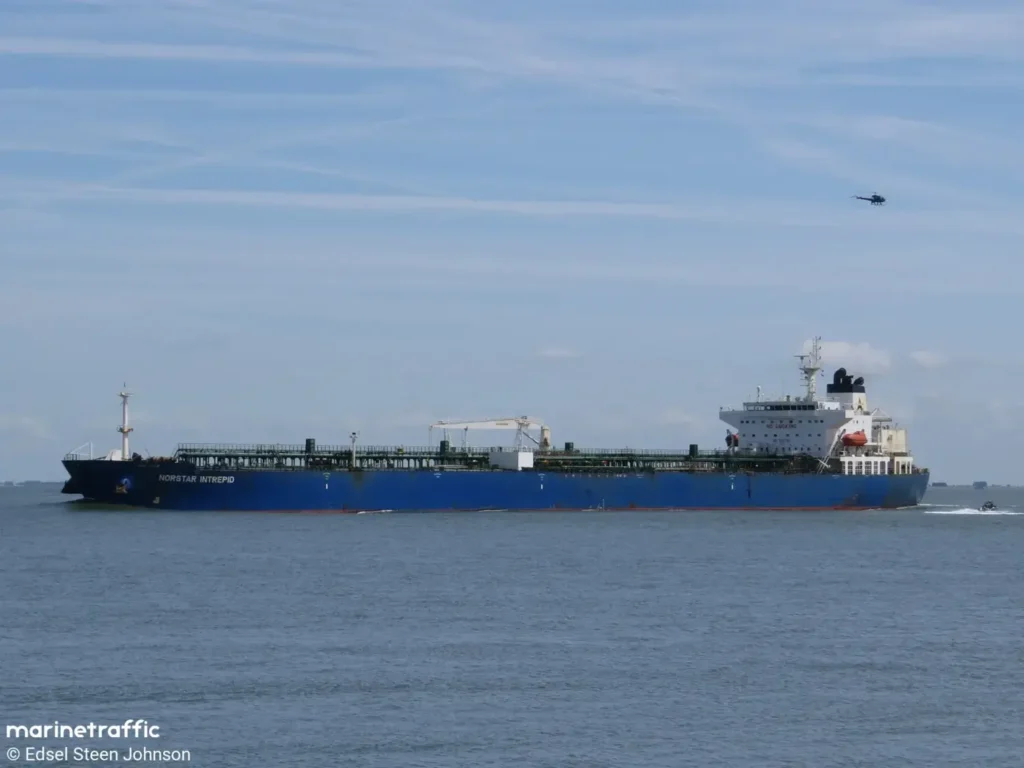
One of the vessels highlighted in public reporting is the product tanker Eagle S, which has become notorious for unrelated legal issues — including allegations in a Finnish case where crew were implicated in an incident concerning undersea cables — a reminder of how reputational and legal troubles can track a vessel across multiple jurisdictions. The Maritime Executive’s coverage notes that the DGS list spans tankers, general cargo ships and Ro-Pax vessels, reflecting a cross-section of vessel types implicated in these enforcement concerns.
The DGS’s directives place immediate operational pressure on recruitment firms and shipowners. RPSL companies must now audit past deployments, trace currently placed seafarers on blacklisted vessels, and prioritise repatriation logistics and wage settlements. For operators, blacklisting will restrict access to Indian seafarers — who form a major share of the world’s seafaring labour force — and raises the risk of additional port actions, insurance scrutiny and reputational damage. The circular also signals tougher regulatory enforcement in India, increasing the cost and complexity of operating vessels that fall foul of safety, documentation or welfare standards.
The DGS notes that many cases involve difficulty in getting responses from flag states or local port authorities, highlighting a gap in cross-jurisdictional enforcement when owners are absent or insurance is invalid. By blacklisting vessels and threatening agency licence penalties, India seeks to add leverage on owners and operators through denial of access to Indian seafarers and stronger domestic penalties — while also placing the onus on crewing agencies to ensure robust vetting and compliance. This may prompt flag states, insurers and international bodies to pay closer attention to these vessels and operators.
Also read: Red Sea Subsea Cable Cuts Disrupt Internet in Asia & Middle East, India Hit by Slowdowns
The circular is currently a draft and has been published on the DGS website; it contains an annexure listing the 86 vessels. Affected RPSL companies have 14 working days to respond and furnish required details. Non-compliance could result in licence action and legal proceedings. For Indian seafarers currently onboard the blacklisted vessels, the priority now is safe sign-off and repatriation with owed wages and welfare entitlements — a process the DGS has ordered to be expedited.
India’s draft circular marks a forceful regulatory response to a chronic maritime welfare problem. By blacklisting 86 vessels and ordering immediate repatriation, the DGS is aiming both to protect Indian seafarers and to raise the cost of non-compliance for owners and agencies — a signal that crew welfare will be enforced with new urgency.
Sources: Directorate General of Shipping (Draft Circular No. XX of 2025, dated 05.09.2025) (Directorate General of Shipping)
